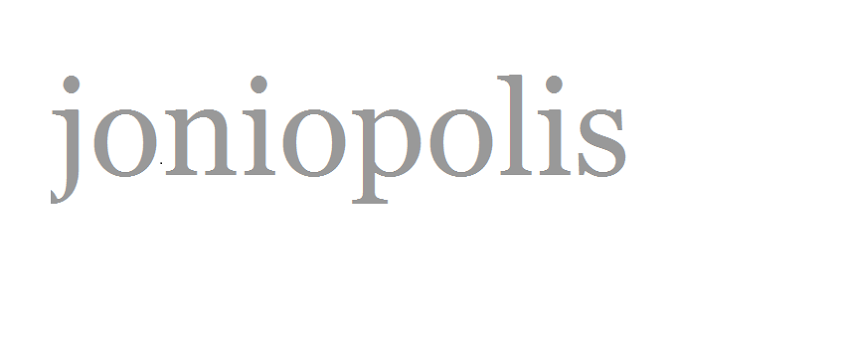We dislike
rule breakers, don’t we? People who skid
through stop signs, people who use dreadful grammar on purpose. They make us frown, at the very least.
But guess what I’ve discovered? We’re all rule breakers. You just have to go back a bit to see that
dozens of words we love and use, were frowned upon just a few years ago. And we’re slinging them around like Jackson
Pollock, creating a masterpiece.
Ever gotten a great deal on something? Well, DEAL
was considered a coarse, crude way to describe an agreement, back in the
1890s. I, for one, am glad we have
relaxed our standards. Imagine my
husband, Bob, who hosted the national TV show, Let’s Make a Deal, after Monty Hall, having to say, “Let’s Make a Mutually
Acceptable Transaction!” It just doesn’t
fall from the lips the same way, does it?
There are hundreds of words
forbidden by yesteryear’s standard of refined diction, but we hear them all the
time today.
Hasten was preferred to HURRY, Child was preferred to KID, Angry was better than MAD, and sensible people said, “an Abundance”
instead of “LOTS.”
In 1894 Oliver Bell Bunce
wrote, “Don’t say DONATE when you mean give. The use of the pretentious word
for every instance of giving has become… nauseating. If one can not give his church or town
library a little money without calling it donating,
in the name of good English, let him keep his gift until he has learned better.” That’s the spirit, Oliver.
ANYHOW was
considered “exceedingly vulgar” and “unpardonable” back then, as was using AGGRAVATE (which means to make more
serious) when you merely mean irritate.
And, as recently as 1965, DONE was skewered as a poor substitute
for finished or completed. Waiters, take
note!
Answering “FINE” to “How are you?” is careless
indeed; the correct response is “Well.”
Even the word, FUN, was considered
a slovenly adjective. Yet what would we
do without it?
I recall teachers explaining
that UNIQUE is already a
superlative, thus something cannot be “more” unique or “very” unique. And that LOAN
is not a verb, but a noun; you lend, but cannot loan.
Furthermore, lists should never turn numbers into adverbs (firstly, SECONDLY, etc.) We should simply say first, then second.
But English is a dynamic, swirling
ocean of words, changing through usage all the time. Unless we can adapt, I fear we will forever
be mad and aggravated. I mean angry and
irritated. One of those.
If
you love language and grammar, you simply must meet Kate, the central character
in my comedy novel, Sisters in the Mix, available in kindle or hard copy here.





No comments:
Post a Comment